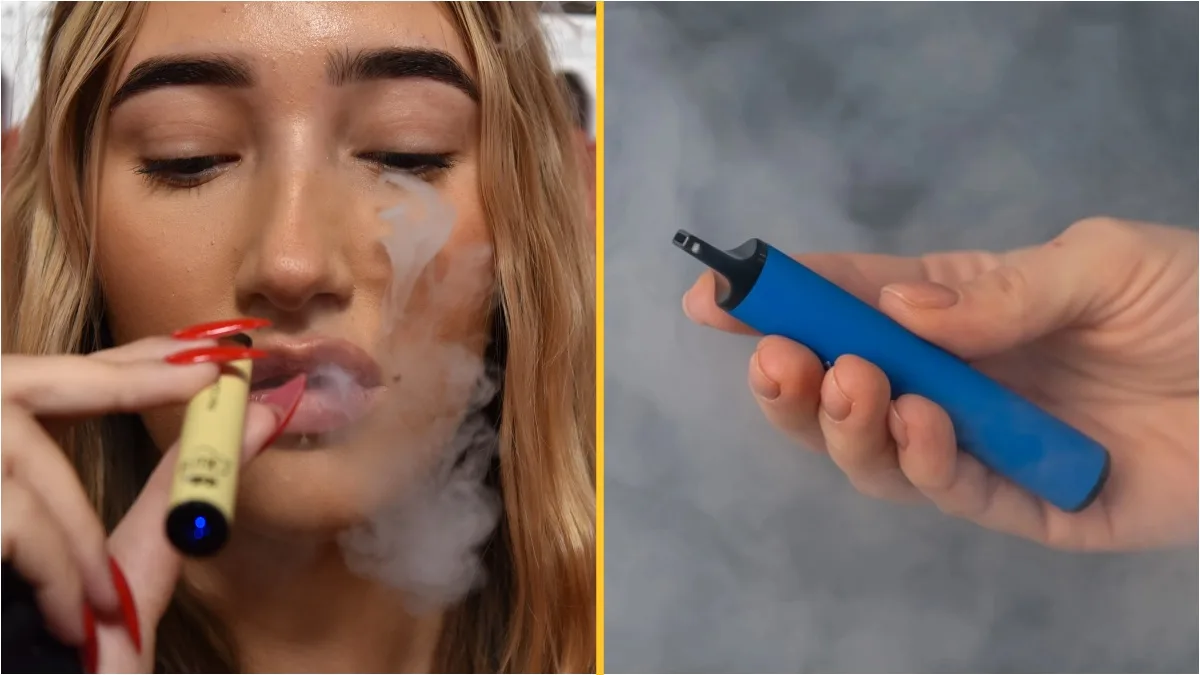The vaping landscape in the UK is at a critical juncture. Amidst swirling debates and regulatory scrutiny, disposable vapes find themselves at the centre of controversy. While some advocate for an outright ban on disposable vaping products, it is essential to delve deeper into the nuances of this issue, understanding the potential repercussions of such a ban and advocating for a more balanced approach that upholds public health without undermining the significant progress made in smoking cessation.
The Vital Role of Disposables in Smoking Cessation
Disposable vapes have emerged as a cornerstone in the toolkit for individuals aiming to quit smoking. They offer a convenient, straightforward, and less intimidating entry point for smokers making the significant leap from traditional cigarettes to vaping. This ease of use, coupled with the availability of various flavours and nicotine strengths, makes disposables an appealing choice for those committed to leaving behind the harmful tar and carcinogens found in cigarettes.
Critically, the narrative that disposable vapes serve as a gateway to smoking is overly simplistic and overlooks their role as a gateway away from smoking for countless individuals. The emphasis should be on harnessing their potential as a smoking cessation tool, not curtailing it.
The Case Against a Blanket Ban
A blanket ban on disposable vapes risks pushing former smokers back to traditional cigarettes, undoing the progress made in public health. It also threatens to propel users towards unregulated markets, where product safety cannot be guaranteed. Instead of an outright ban, a nuanced approach that targets the root concerns, such as environmental waste and underage usage, is essential.
Advocating for Stricter Regulations
We stand for tighter controls on the sale of vaping products. The goal is to ensure that these products are sold responsibly and that only those of legal age have access to them. A licensing system, where only dedicated vape shops can sell vaping products, could be a game-changer. Such shops are better equipped to enforce age restrictions, provide accurate information, and offer support to individuals seeking to quit smoking.
By restricting sales to specialised establishments, we can enhance the accountability and integrity of the vaping market. These establishments have a vested interest in promoting responsible vaping and are more likely to adhere to regulatory standards, ensuring that customers receive products that are safe, reliable, and in line with their smoking cessation goals.
Embracing an Eco-Conscious Approach
Addressing environmental concerns associated with disposable vapes is crucial. We advocate for initiatives like recycling programmes and the development of biodegradable components to mitigate the environmental impact. It’s about striking a balance where we continue to support public health objectives while being mindful of our ecological footprint.
Conclusion
The discourse on disposable vapes is not black and white. While the concerns are valid, the response needs to be measured and constructive. A ban might appear as a quick fix but could have unintended consequences that undermine public health goals. By adopting stricter sales regulations, ensuring environmental responsibility, and recognising the role of disposables in smoking cessation, we can foster a safer and more effective vaping landscape. Let’s choose a path of informed regulation over prohibition, embracing a future where public health and innovation coexist harmoniously.

